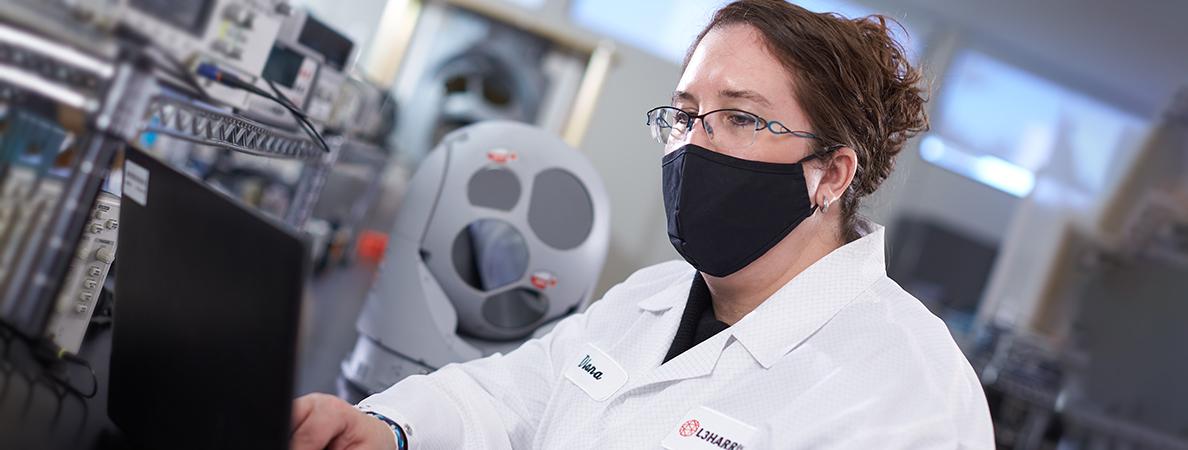
Technology has rapidly evolved since 1998 when Diana Rodgers graduated from Mohawk College’s Electrical Engineering Technology program. Amid constant technological breakthroughs, disruptions and advancements, Diana has successfully navigated her 23-year career equipped with a solid applied knowledge base she acquired after a forward-thinking decision to attend Mohawk.
“I wanted to be directly involved and hands-on in my career,” says Diana, who initially completed a year of social studies at university-level. “I had some discussions with my dad, who was a career steel worker, and I realized Hamilton is an industry-based city. I was interested in electrical and electronics. So, I switched to the Electronics Engineering Technology program at Mohawk because of their area-specific training, and I found the right place.”
Once in the Electronics Engineering Technology program — which uses an immersive, practical approach to teaching topics such as electrical and electronic systems, programmable logic controllers and industrial network systems, electrical power generation and electrical metering and distribution — Diana started getting an even clearer picture of her career path. Because the program left room for professional discovery, she was able to be practical in working through her career decision-making process.
“When I was attending Mohawk, I wanted to work with my hands,” Diana says. “I was torn between becoming a residential electrician and working in the electronic manufacturing field. I knew that I could work with fine details and I am very organized. So, I learned early on that I was best suited for electronics. (It’s important to) try different things until you find something you enjoy and feels right. You can take advice from family and friends, but only you can truly know what you enjoy doing.”
A career-driven program, Electrical Engineering Technology includes co-op opportunities that allow students to apply their skills in a working environment, network and discover whether their initial interest in a specific area translates to the real world. Today, co-op term is one year in length. It’s a format widely preferred by employers and students. During Diana’s time in the program, she completed three co-op terms.
“My first placement was in a computer factory in Toronto, but due to the commute I looked for a different placement the second time around,” she says. “I was fortunate to get the second placement closer to home in Burlington.” Subsequently, Diana joined L3Harris Technologies as a Manufacturing Engineering Technologist. L3Harris provides advanced defence and commercial technologies across air, land, sea, space and cyber domains.
“It is always a great challenge to work in a technology field,” Diana says. “Technology changes so fast, it is always a learning curve. It forces you to never be bored or complacent but instead challenges you to find new solutions to problems.”




